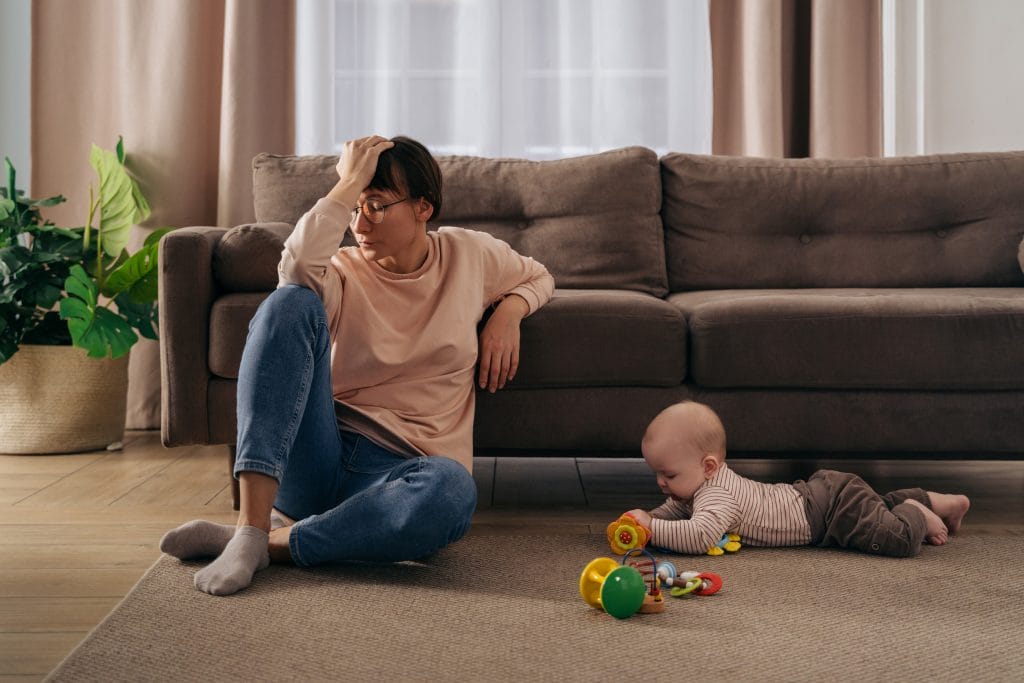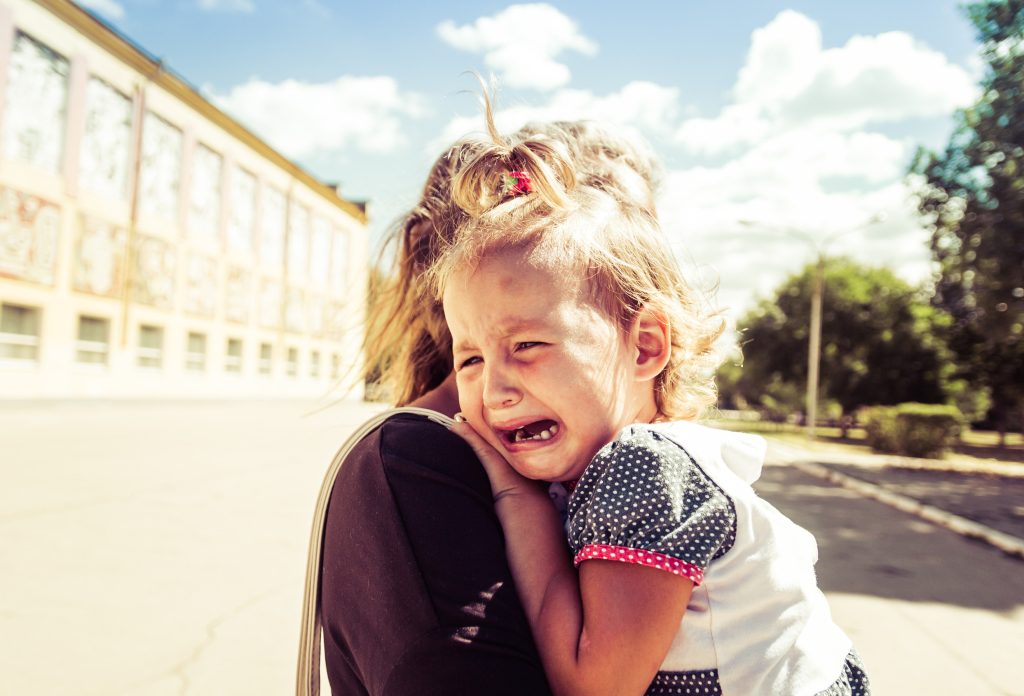Teenagers may seem invincible, but the choices they make now can quietly shape their health for years to come. Some routines feel harmless or even normal during adolescence, yet they’re actually health habits hurting your teen’s long-term health. While it’s tempting to let teens “figure it out” as they go, early intervention and guidance can help them avoid serious consequences later. By recognizing these common but damaging behaviors, parents can open the door to healthier decisions that stick for life.
1. Skipping Breakfast Regularly
Many teens rush out the door without eating, assuming they’ll be fine until lunch. But skipping breakfast slows down metabolism, reduces concentration, and increases cravings later in the day. Over time, this habit can affect blood sugar balance, weight regulation, and heart health. It also trains the body to function without proper fuel, which can carry into adulthood. A simple, protein-rich breakfast—even something quick like a smoothie or egg wrap—can make a big difference.
2. Not Getting Enough Sleep
It’s no secret teens stay up late, but chronic sleep deprivation does more than just cause grogginess. Sleep is essential for brain development, emotional regulation, and immune function. A consistent lack of rest has been linked to long-term risks like depression, anxiety, obesity, and heart disease. The teenage brain needs around 8 to 10 hours of sleep per night, yet most fall short. Setting digital boundaries and encouraging wind-down routines can help reset healthier patterns.
3. Relying on Ultra-Processed Foods
Highly processed snacks, fast food, and sugary drinks are easy go-tos for teens with packed schedules and big appetites. But regular consumption of ultra-processed foods leads to long-term issues like inflammation, type 2 diabetes, and cardiovascular disease. These foods also displace healthier nutrients needed for growth and energy. Teens who eat this way regularly are at higher risk of forming lifelong eating habits that are hard to break. Teaching them to read labels and prepare basic meals gives them power over their own health.
4. Overuse of Screens
Whether it’s for homework, gaming, or social media, screen time is a constant in teen life. But too much screen use—especially without breaks—can disrupt sleep, reduce physical activity, and increase feelings of isolation or anxiety. It also contributes to eye strain and poor posture, which can affect musculoskeletal health over time. This is one of the stealthiest health habits hurting your teen’s long-term health because it often feels unavoidable. Encourage tech-free time during meals, before bed, and when outdoors to restore balance.
5. Avoiding Physical Activity
Teenagers who aren’t involved in sports or regular exercise may struggle to build fitness habits that stick into adulthood. Physical activity during adolescence supports bone strength, heart health, and mental well-being, and it sets the tone for a lifelong relationship with movement. Yet many teens become increasingly sedentary due to academic pressure or tech habits. Even small changes—like walking to school, riding a bike, or joining a rec team—can prevent long-term damage. Movement should feel enjoyable, not like a chore.
6. Ignoring Stress and Mental Health
Teen years come with emotional highs and lows, but brushing off anxiety, sadness, or stress as “just teen stuff” can allow serious issues to fester. Mental health problems that aren’t addressed early can become chronic in adulthood. Long-term stress also takes a toll on the body, contributing to sleep issues, digestion problems, and a weakened immune system. Normalize talking about emotions and seeking help when needed. One of the best things you can do is model healthy emotional habits at home.
7. Poor Posture and Lack of Movement Breaks
From slouching over homework to scrolling on phones in bed, poor posture is one of the most overlooked health habits hurting your teen’s long-term health. It contributes to chronic pain, spinal issues, and poor circulation. Teen bodies are still growing, and consistent strain can shape how they feel and move later in life. Encourage regular stretching, ergonomic setups for study spaces, and short movement breaks during screen time. Small adjustments now can protect their comfort long term.
Small Habits Add Up in a Big Way
Teens may not always think long-term, but that’s where parents come in. Helping them shift even one or two health habits hurting your teen’s long-term health can lead to meaningful improvements they’ll carry into adulthood. It’s not about being perfect—it’s about building awareness and offering support without judgment. The earlier they learn to care for their minds and bodies, the more resilient and confident they’ll become.
Which health habit surprised you the most? Share your experience or tips for guiding teens toward healthier routines in the comments below!
Read More:
The Hidden Messages in Your Teen’s Silence: 6 Things They Might Be Telling You
10 Things Every Teen Boy Should Hear from His Mom
Catherine is a tech-savvy writer who has focused on the personal finance space for more than eight years. She has a Bachelor’s in Information Technology and enjoys showcasing how tech can simplify everyday personal finance tasks like budgeting, spending tracking, and planning for the future. Additionally, she’s explored the ins and outs of the world of side hustles and loves to share what she’s learned along the way. When she’s not working, you can find her relaxing at home in the Pacific Northwest with her two cats or enjoying a cup of coffee at her neighborhood cafe.









